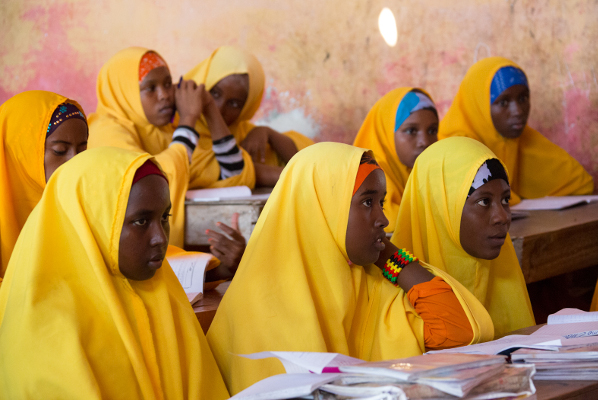Everyone should have access to education, also during a humanitarian crisis. The chance to attend school in a difficult humanitarian situation gives the sense of safety and stability. Even if one has only limited access to education, one can still further broaden one’s knowledge and acquire new skills.
All over the world, millions of children still do not attend school. The reasons may vary, and they depend on the situation in the region. In the case of humanitarian crises, this may be lack of a safe route to school, the fact that the schools have been destroyed, or lack of adequate conditions in the schools (e.g. no bathrooms, lack of access to clean water).
The higher the number of children who have unrestricted access to education and regularly attend school is, the more support they can lend to their community and the local economy in the future.



